Entrepreneurship is a dynamic journey, one that demands constant learning and an insatiable curiosity. In this ever-evolving landscape, there’s so much we don’t know, and the key to success lies in recognizing this and seeking knowledge relentlessly. As an entrepreneur myself, I’ve navigated through these challenges and have identified ten pivotal skills that have shaped my journey. Let’s delve into them.
- Manage your money.You need to know how to handle your money. If you’ve struggled with personal finances in the past, now is the time to learn. Understanding debits and credits, how money flows in and out of your business, is essential. I know someone who used to use their credit card to withdraw cash all the time, not realizing the implications. After dedicating time to learn about business finances, she transformed her financial habits and is now a boss with her money.
- Learn how to read spreadsheets. Business is about money and that is tracked in spreadsheets. You need to get comfortable with spreadsheets. There are many free resources. You can check out organizations like SCORE and Business Impact Northwest to get started. I can’t tell you how many times I made a near catastrophic mistake with my calculations and knowing how to read my spreadsheet saved me.
- Listen to understand. You have to do a lot of listening as an entrepreneur–to your customers, employees, and partners. Listen to their needs, their concerns, their dreams and aspirations. Understand them.
- Ask questions, even when you think you know. Even if you believe you have the answer, ask for clarity, because it’s not about the answer itself. It’s about the perspective that it reveals. At CuriosityBased, we’ve crafted a learning experience centered on asking questions to clarify, underscoring the importance of this skill. I might think I know an answer, but not from that person’s perspective. I might be right about what they want, but wrong about why they want it. Understanding the “why” is often more important than the “what”.
- Connect the dots (be strategic) When you’re able to listen and ask questions, you’ll build your capacity to connect the dots and be strategic. You’ll be scrapping together limited resources. For example, when I was running my Vietnamese newspaper, I heard from other community newspapers that they were struggling and from organizations who had a hard time reaching out to our communities. I was able to connect the dots.
- Share your story and your why. A lot of people want to start their own businesses and they lack the courage. When you tell your story, you’re including them in your journey and you’re inspiring them. It can be super hard to talk about yourself. It might even feel like you’re bragging. You need to get clear about your “why”. I often tell people the only reason I left the best job I ever had was so I could get to own my work and have freedom, which is a big part of my identity as a Vietnamese refugee.
- Share your expertise. This can be hard to do, but show off what you know. You might feel like a show off. You might worry that if you share this, then people will steal all your secrets. In most cases, though, your customers will pay you to do this work for them. They will rarely use it to do the work themselves. Don’t worry about sharing your expertise. Also, what is obvious to you is not obvious to other people.
- Ask for business. This is super hard. I have to give myself a little pep talk every time I do it. “Let me know if I can provide you with any services or help your team.” Swallow your pride and do it.
- Delegate/outsource some of your work. There is endless work for an entrepreneur to do. You have to know what to outsource. I don’t create agendas for internal meetings. I don’t look for tech solutions or do video editing. I delegate and outsource, so I can focus on what gives me energy.
- Repress your inner critic. You will have so many doubts. I call my doubting voice “Insecure Julie”. You have to learn to shut that person down so that you can move forward. It’s a skill to know the difference between your gut warning you not to do something and your inner critic telling you you’re not good enough to do something. You’ve got to differentiate the two.
Embarking on the entrepreneurial journey is both challenging and rewarding. By honing these skills and continuously seeking knowledge, you pave the way for success. Remember, it’s about the journey, the continuous learning, and most importantly, believing in yourself.








Leave a Reply